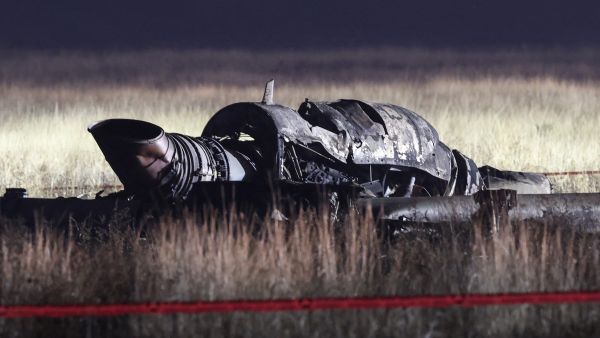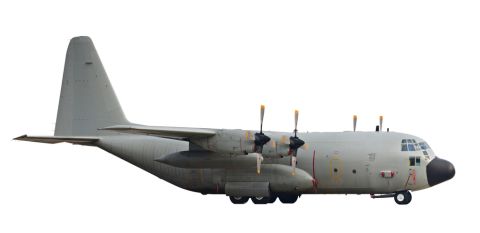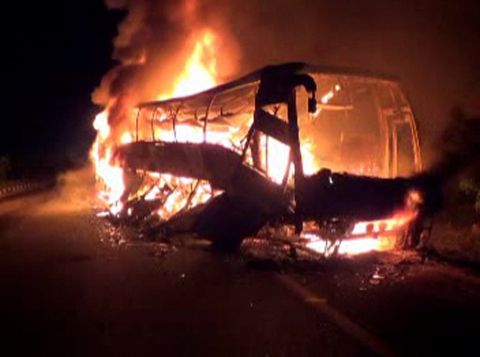ALBAWABA- A Turkish firefighting plane crashed in northern Croatia on Thursday, killing its sole pilot and marking Turkey’s second deadly air disaster in just two days, officials confirmed.
The Air Tractor AT-802 aircraft, operated by Turkey’s General Directorate of Forestry, went down in a remote, forested ravine near the town of Senj around 4:53 p.m. local time.
The plane had been one of two dispatched from Rijeka Airport to Zagreb for technical inspections, but both were forced to divert due to thick fog.
While one landed safely at Krk Island Airport, the second lost radar contact over the Velebit Mountains, about 150 kilometers southwest of Zagreb.
Croatian police and rescue teams located the wreckage ablaze near the village of Krivi Put at about 6 p.m., confirming the pilot’s death. No other passengers were on board.
Fire crews extinguished the flames as investigators from Croatia’s State Accident Investigation Agency and Turkey’s Ministry of Agriculture and Forestry began a joint probe.
Early findings point to poor visibility and possible navigational error, though mechanical failure has not been ruled out. Ankara expressed “deep sorrow” over the loss and pledged full cooperation with Croatian authorities.
The crash follows Tuesday’s fatal plunge of a Turkish Air Force C-130E Hercules in Georgia’s Kakheti region, which killed all 20 military personnel on board. Though unrelated, the consecutive tragedies have heightened scrutiny over Turkey’s aviation safety and the strain on its aging fleet.











